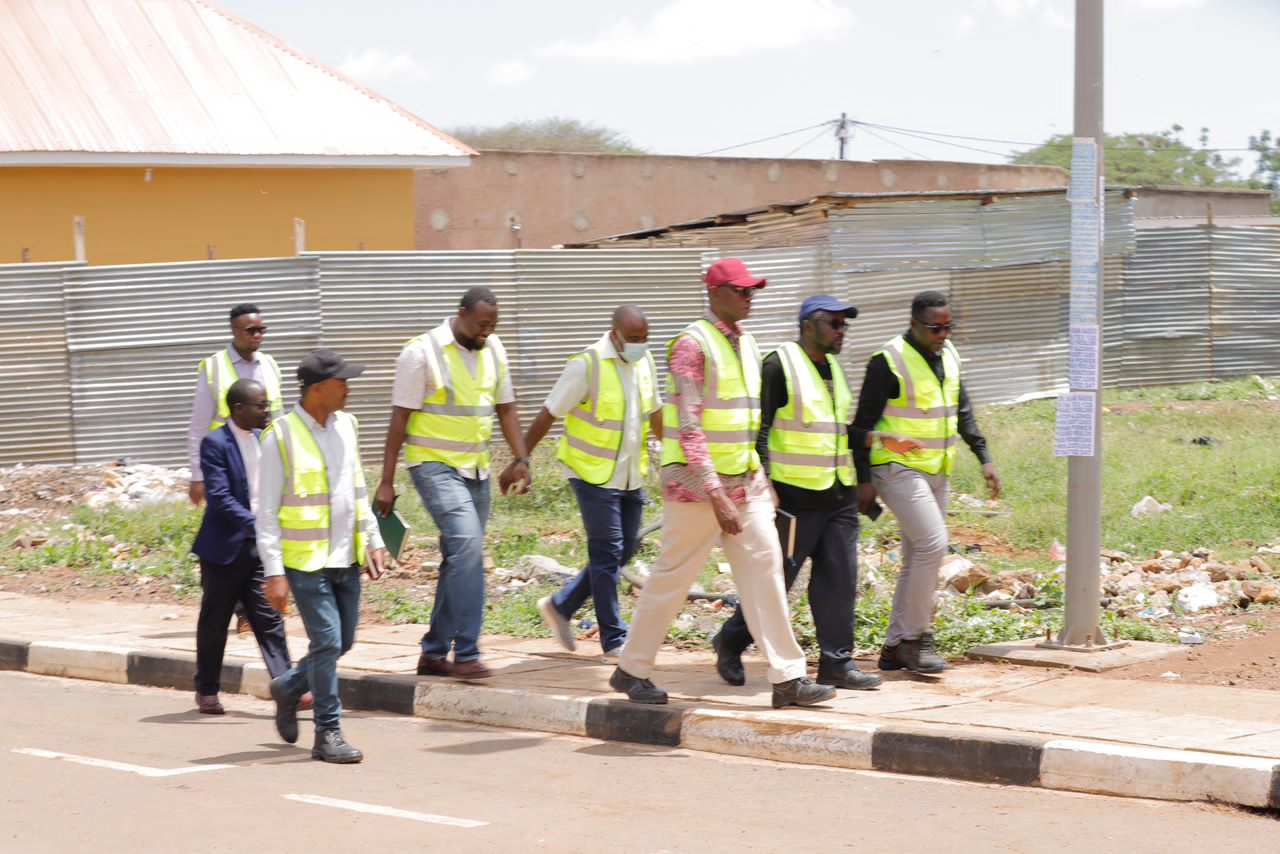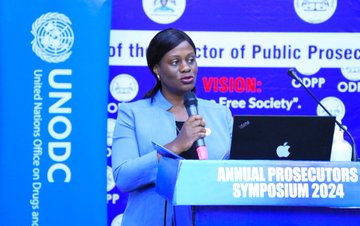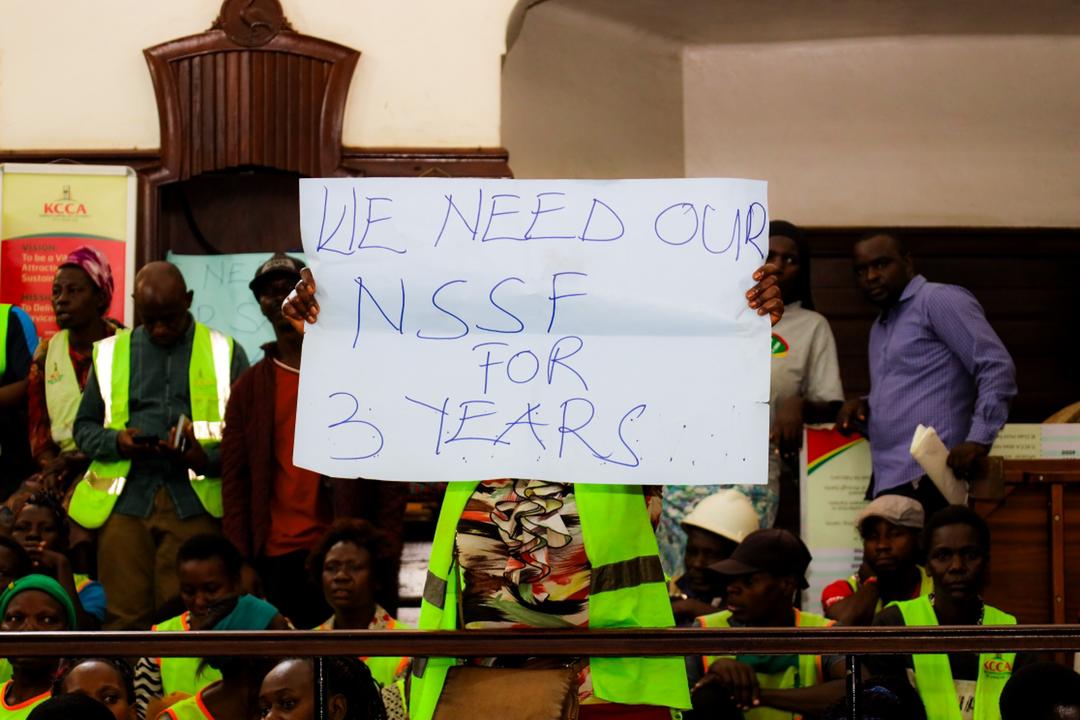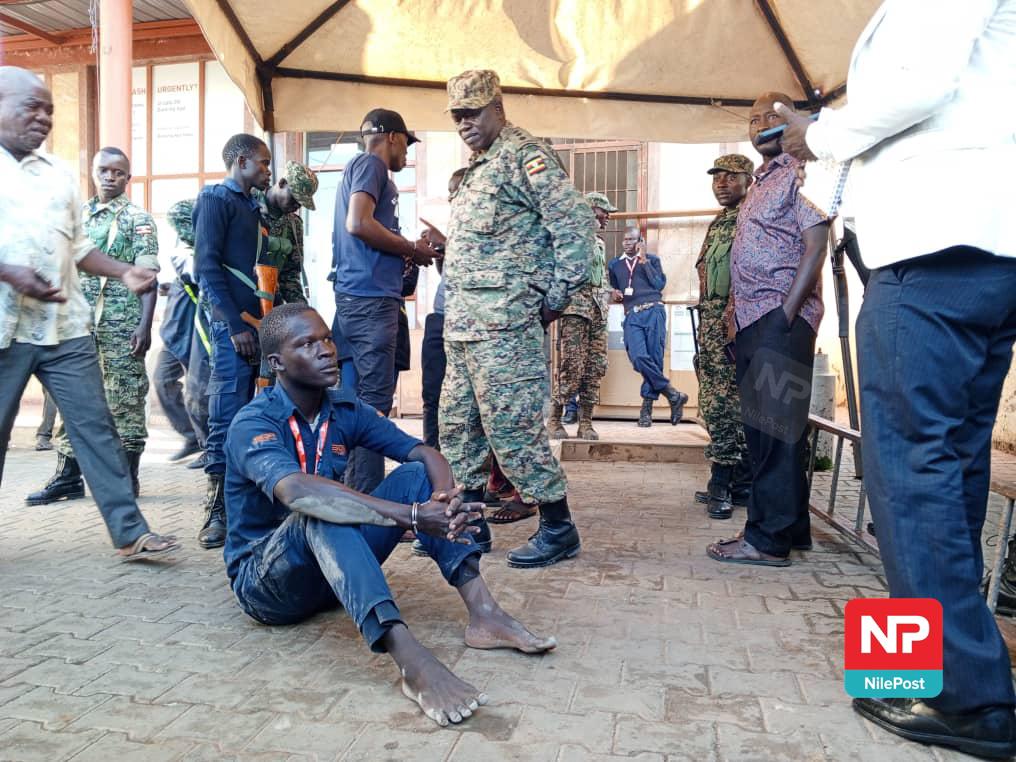Understanding the workings of the General Court Martial
The General Court Martial has come under criticism for being over militarized and working on orders against normal procedure in criminal courts. Many suspects charged under the general court martial have challenged its jurisdiction. Here are a few examples.
From Nakawa Division’s legislator Michael Kabaziguruka who was charged with treason, Boda boda 2010’s patron Abdallah Kitata charged with illegal possession of arms, former Bubulo legislator Tony Kipoi charged with offenses relating to security while former Police commandant of the Special Operations unit of police Nixon Agasiire charged with kidnap and forceful expatriation.
Keep Reading
The contestations raise one question; under what circumstances can one be tried by the military courts.
Shaban Sanwa says, “You can be a civilian and you are found with a gun which is a monopoly of the UPDF, you can be found with ammunitions, also a monopoly of the UPDF, you can be found with grenades or any other military hardware like uniforms”
Besides illegal possession of arms and military fatigue, the UPDF Act stipulates persons who are subject to military law adds to the list civilians who voluntarily accompany any military unit of the defense forces to service in any place and those who aid or abet military officers in the commission of a service offense.
While civilians can be tried in the military courts, it’s imperative to note that the principles and rules of procedure in the civil criminal courts are generally applied in the military courts too.
However, Shaban Sanwa a lawyer notes that more than often the military courts are over militarized making decisions bent on orders rather than the law.
“The challenge we are getting in military courts is that they act more on orders than the law, that’s why most of them prefer these other courts.”
Sanwa adds that there is a lack of independence in the military court system since, everything right from investigations to judgment is done by the military unlike in the civil system where police, directorate of public prosecutions and judiciary play different role eliminating chances of undermining justice.
“CMI arrests you, charges, investigates, prosecutes and the very people make a jdugeemnt, how fair is that”
Also important to note is that while civilians can be tried in the military court, military officers can also be tried in civilian courts.
“If it’s a civil matter, like if you entered into a contract with a UPDF officer and he breaches it you take them to the civil court, if it’s a land matter. Also when he is a retired officer and he commits an offense”
The military courts are instituted by the UPDF Act 2005 a parliamentary act and hence derive their mandate and regulations from the same. The act stipulates how many members can sit on which panel hearing a matter with most decision derived by majority opinion. Anyone who is not satisfied with a decision of the military court has different levels of appeal right from the very court to the civil appellant court and to even the Supreme Court.













